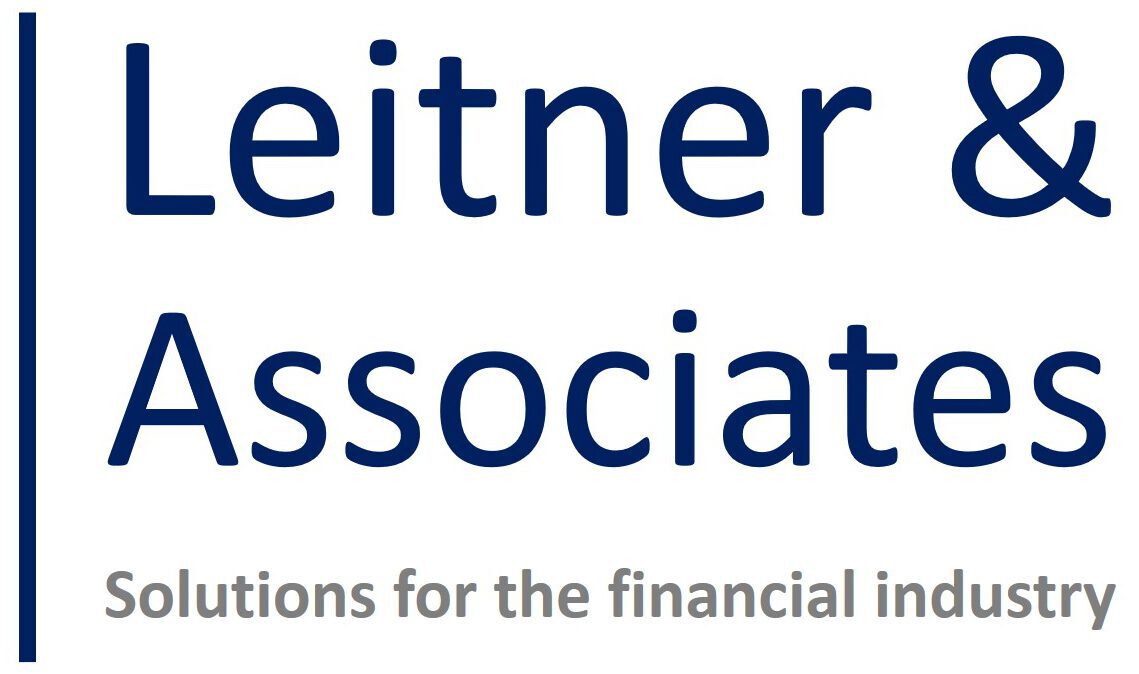
Contents
Internal Governance
Understanding Internal Governance in Europe and Key Jurisdictions
Internal Governance refers to the system by which financial institutions are directed, managed, and controlled. In Europe, particularly in Germany, Austria, Switzerland, Luxembourg, and Liechtenstein, internal governance frameworks are designed to ensure accountability, transparency, and alignment with regulatory standards. These frameworks encompass the roles and responsibilities of management bodies, risk management systems, internal controls, and compliance mechanisms, all aimed at safeguarding the integrity and stability of the financial sector.
Legal and Regulatory Requirements for Internal Governance
Internal governance is governed by a robust framework of European and national regulations to ensure financial institutions operate effectively and responsibly.
European Union
- ECB: The European Central Bank emphasizes robust internal governance as a critical supervisory priority, with requirements outlined in its Supervisory Review and Evaluation Process (SREP).
- EBA: The European Banking Authority provides guidelines on internal governance under the Capital Requirements Directive (CRD V), focusing on risk management, internal control, and accountability.
- EIOPA: The European Insurance and Occupational Pensions Authority emphasizes governance in the Solvency II Directive for the insurance sector.
- ESMA: The European Securities and Markets Authority sets governance expectations for investment firms under MiFID II.
Germany
- BaFin and Deutsche Bundesbank: The MaRisk and KWG regulations establish detailed internal governance requirements, focusing on risk management, compliance, and internal audit functions.
Austria
- FMA: Austria’s Financial Market Authority enforces governance requirements under the BWG and VAG, emphasizing risk management and supervisory functions.
Switzerland
- FINMA: The Swiss Financial Market Supervisory Authority mandates governance standards in its Circular 2017/1, including responsibilities of the board of directors and senior management.
Luxembourg
- CSSF: The Commission de Surveillance du Secteur Financier ensures compliance with governance frameworks under CSSF Circular 12/552.
Liechtenstein
- FMA: Governance standards align with European directives, emphasizing internal controls and risk management.
Leitner & Associates‘ Solutions for Internal Governance
We provide tailored solutions to ensure your institution meets and exceeds governance requirements:
- Audit: Comprehensive audits to evaluate and improve your governance framework.
- Consulting: Expert guidance to design, implement, or optimize governance structures.
- Training: Customized training programs to ensure your teams understand governance responsibilities and standards.
- Interim Management: Temporary governance expertise to fill critical roles during transitions.
- Outsourcing: Delegated governance services to ensure continuous compliance and oversight.
Products for Internal Governance Implementation
Whether starting from scratch or enhancing existing frameworks, our products offer complete support:
- Commentaries: Insights into governance regulations and their practical applications.
- Guidelines: Frameworks for implementing governance standards.
- Policies: Clear documentation to define roles, responsibilities, and controls.
- Procedures: Step-by-step processes for governance operations.
- Control Plans and Checklists: Tools to ensure compliance and manage risks effectively.
- Reports and Training Certificates: Documentation and validation of compliance efforts.
Why Choose Leitner & Associates?
At Leitner & Associates, we are committed to empowering your organization with robust internal governance solutions. From building frameworks on a „white piece of paper“ to optimizing existing systems, we ensure your institution operates with integrity, accountability, and resilience in a complex regulatory landscape.
